Diverticulitis is a common condition that affects the digestive system, specifically the large intestine. Understanding this condition, its symptoms, and available treatments can help manage and alleviate its impact on one’s health. Now, let’s explore what diverticulitis is, identify its symptoms, and discuss various natural and holistic therapies that may offer relief.
What is Diverticulitis?
Diverticulitis occurs when small, bulging pouches (diverticula) that can form in the lining of the digestive system become inflamed or infected. These pouches are most often found in the lower part of the large intestine (colon). The presence of these pouches alone is called diverticulosis, a common condition that typically doesn’t cause symptoms. However, when these pouches become inflamed or infected, it leads to diverticulitis.
The exact cause of diverticulitis is not fully understood, but it is believed to be associated with a low-fiber diet. A diet low in fiber can lead to constipation and increased pressure within the colon, which may contribute to the formation of diverticula and subsequent inflammation.
Symptoms of Diverticulitis
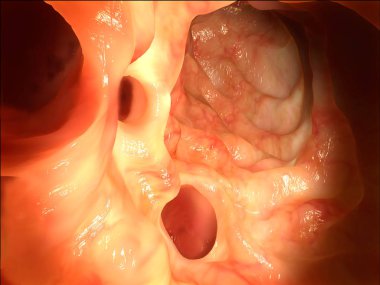
Diverticulitis can cause a variety of symptoms, ranging from mild to severe. Common symptoms include:
Abdominal Pain: Usually felt in the lower left side of the abdomen, the pain can be severe and persistent.
Fever and Chills: A sign of infection, these symptoms often accompany the abdominal pain.
Nausea and Vomiting: These symptoms can occur as a result of the body’s response to the inflammation and infection.
Changes in Bowel Habits: This can include constipation, diarrhea, or a combination of both.
Bloating and Gas: Discomfort and a feeling of fullness are common.
In severe cases, diverticulitis can lead to complications such as abscesses, perforations in the colon, peritonitis (inflammation of the abdominal lining), and intestinal blockages. It’s crucial to seek medical attention if you experience severe symptoms or suspect complications.
Natural and Holistic Therapies for Diverticulitis
While conventional treatment for diverticulitis often involves antibiotics and, in severe cases, surgery, many people seek natural and holistic approaches to manage and prevent flare-ups. Here are some strategies that may help:
1. Dietary Changes
Increase Fiber Intake: A high-fiber diet can help prevent diverticulitis by keeping the stool soft and reducing pressure in the colon. Foods rich in fiber include fruits, vegetables, whole grains, and legumes. However, during an acute diverticulitis attack, a low-fiber or liquid diet is often recommended to allow the colon to heal.
Stay Hydrated: Drinking plenty of water helps to keep the digestive system functioning smoothly and prevents constipation.
Avoid Certain Foods: Some individuals find that certain foods, such as nuts, seeds, and popcorn, can trigger symptoms. While this isn’t universally true, it may be beneficial to monitor your diet and identify any triggers.
2. Herbal Remedies
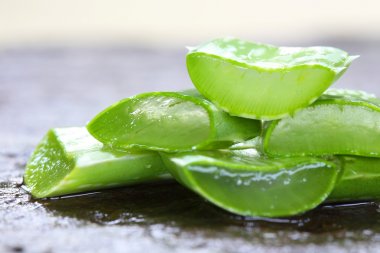
Aloe Vera: Known for its anti-inflammatory properties, aloe vera juice can help soothe the digestive tract.
Slippery Elm: This herb can coat and soothe the digestive tract, potentially reducing inflammation and discomfort.
Marshmallow Root: Similar to slippery elm, marshmallow root has soothing properties that may help ease symptoms.
3. Probiotics
Probiotics are beneficial bacteria that can help maintain a healthy gut flora, which is essential for digestive health. Foods rich in probiotics include yogurt, kefir, sauerkraut, and other fermented foods. Probiotic supplements are also available and can support gut health.
4. Stress Management
Stress can impact digestive health and exacerbate symptoms of diverticulitis. Practices such as yoga, meditation, and deep-breathing exercises can help manage stress levels and promote overall well-being.
5. Regular Exercise
Regular physical activity can help promote healthy bowel function and prevent constipation, a common trigger for diverticulitis. Aim for at least 30 minutes of moderate exercise most days of the week.
6. Acupuncture
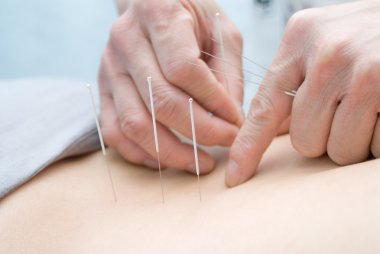
Acupuncture is an ancient Chinese practice that involves inserting thin needles into specific points on the body. Some people find that acupuncture helps reduce pain and improve digestive function.
Bringing It Together To Manage Diverticulitis
Diverticulitis can be a challenging condition to manage, but understanding its symptoms and exploring natural and holistic therapies can provide significant relief. Incorporating dietary changes, herbal remedies, probiotics, stress management techniques, regular exercise, and alternative therapies like acupuncture can help improve your digestive health and reduce the frequency and severity of flare-ups.
Always consult with a healthcare provider before starting any new treatment, especially if you have a pre-existing medical condition or are taking other medications.
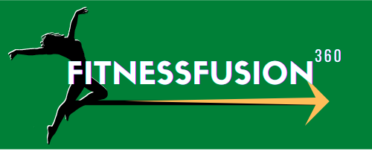





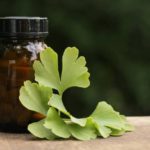
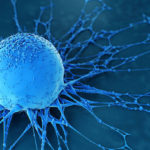
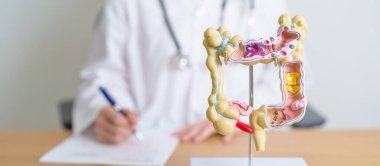
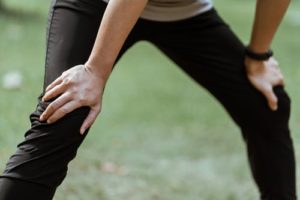


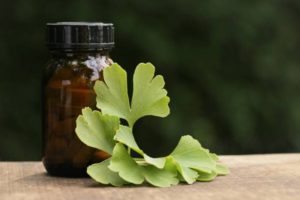
More Stories
Exercising Can Help COPD
Boost Your Eye Health by Taking Care of Your Body and Diet
3 Foods That Help Kidney Health & Function